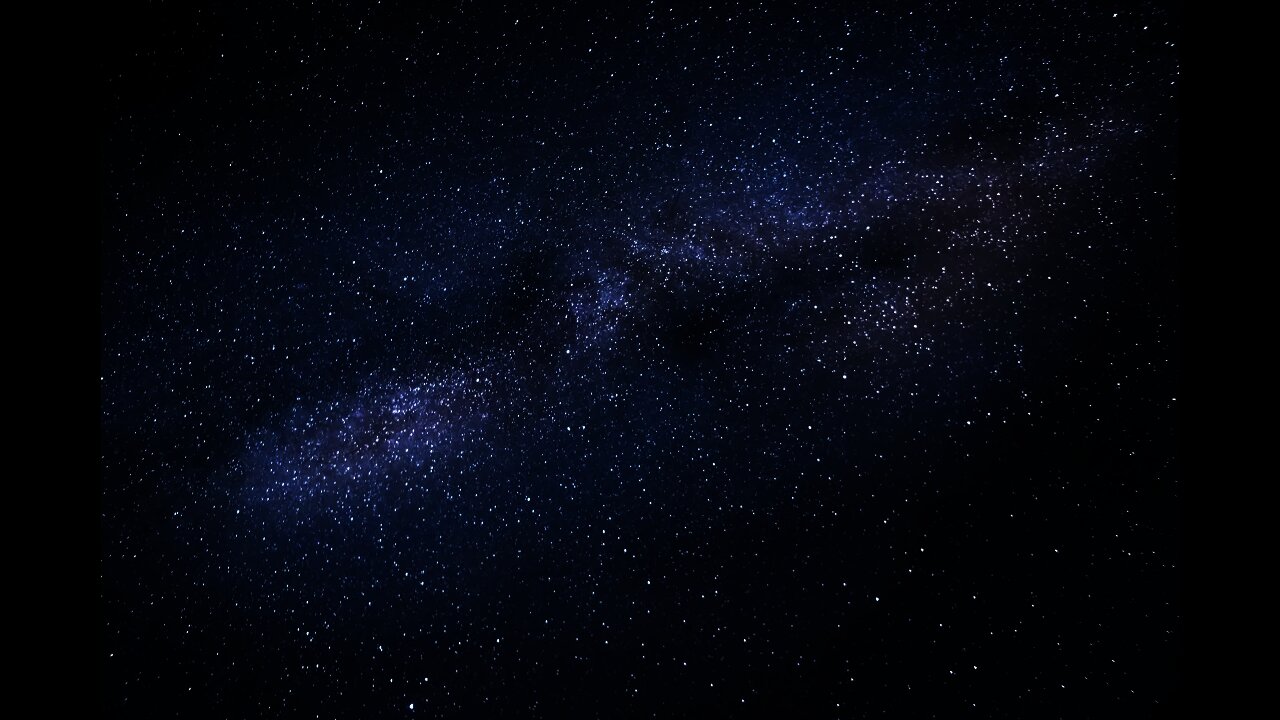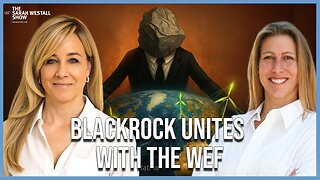Premium Only Content

How Far Away Is It The Cosmos 4K
In this final segment of our “How far away is it” video book, we cover the structure of the visible Universe as we currently know it.
We start with some galaxy and galaxy clusters beyond our local superclusters, including: Abell 2029 with its supermassive galaxy IC 1101; Quasar Markarian; a massive cluster gravitationally lensing a more distant cluster; El Gordo; some distant supernovae remnants; gravitational lensing in giant galaxy clusters like Abell 1689, Abell 68, and more. We then cover dark matter discovery in the Coma cluster and evidence for it in the Bullet cluster. We see a gravitationally lensed supernova;
Next, we cover slowly expanding space and the impact that has on measuring distances using GN-z11, currently beyond the visible horizon, as an example. We also cover how recent redshift measurements from distant Type 1a Supernovas have provided evidence that the expansion is accelerating. We explain how this leads to the concept of ‘Dark Energy’ by examining the concept of a cosmic scale factor and how it changes over time. With this we introduce ‘cosmological redshift’ as a measure of the expansion.
We then cover the creation of the Cosmic Background Microwave (CMB) radiation and what that tells us about the formation of galaxy walls around great voids. We then cover some of the recent galaxy surveys that are helping us understand the fabric of the visible Universe. These include the 2dF Galaxy Redshift Survey of 52,000 galaxies out to 3 billion light years, and the Sloan Digital Sky Survey that mapped one million galaxies. We show the 3D supercomputer video that shows the fabric of the Universe is like a web of galaxies with massive voids. We show some of the galaxy surveys that show this web-like structure.
We conclude with a review of the cosmic distance ladder and our last adjustment based on cosmological redshift. And we end with Edwin Hubble’s own words on the limits of our knowledge.
-
 1:58:36
1:58:36
Redacted News
3 hours agoUkraine bans Christians, Trump Sends Troops to Chicago, German AFD members being murdered | Redacted
112K84 -
 1:17:43
1:17:43
Michael Franzese
2 hours agoMy Daughters CONFRONTED Me About Being a Mobster Dad
28.2K2 -
 24:02
24:02
Kimberly Guilfoyle
5 hours agoCartel Strikes: Breaking News Coverage! | Ep.251
30.4K11 -
 1:01:36
1:01:36
Sarah Westall
3 hours agoBlackrock & the WEF Collaborate for World Dominance, Free Agency with AI w/ Reinette Senum
29K3 -
 3:08
3:08
Michael Heaver
14 hours agoOutraged UK Sends EMPHATIC Message
15.9K8 -
 1:20:15
1:20:15
vivafrei
5 hours agoRFK Jr. Takes on the Pharma WHOORES! Toddler-Assaulter Granted BAIL? COMPLYE WITH CRIMINALS! & more
108K72 -

LadyDesireeMusic
4 hours ago $1.51 earnedLive Piano Request - Anti Brain Rot - Support Culture Shift
20K1 -
 LIVE
LIVE
LFA TV
12 hours agoLFA TV ALL DAY STREAM - THURSDAY 9/4/25
834 watching -
 13:43
13:43
The Kevin Trudeau Show Limitless
1 day agoClassified File 3 | Kevin Trudeau EXPOSES Secret Society Brainwave Training
81.6K11 -
 1:09:23
1:09:23
The HotSeat
4 hours agoTrump’s Parade = Mocked, China’s Parade = Praised: Leftist Hypocrisy EXPOSED
20K6